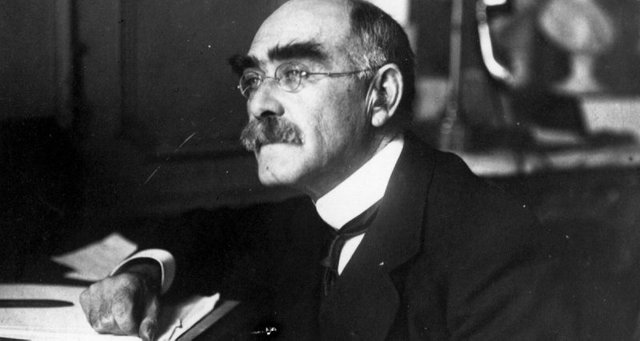Rudyard Kipling: A unique guide to children's literature
The mother later said that when she came to caress the boy in his sleep at night, the boy put his hands in front of her to prevent her from being handcuffed. Because at the boarding house he had thus become accustomed to resisting beatings. This was what was expected of him.
Many critics have called her a colonialist, extremist patriot, racist, anti-Semitic, right-wing imperialist, pro-war and misogynistic. As he got older, his thinking changed a lot.
Although he is a prolific writer, his controversial ideology has led to his writing losing ground in many places, especially in the classroom. Since he has spread political poison through his writing. However, his children's literature has kept that reputation intact. He is Rudyard Kipling.
East-West Linking
John Lockwood Kipling migrated to India mainly to revive, inspire and co-operate with the rich Indian industry from British commercial invasions. Joseph Rudyard Kipling was born on December 30, 185, in the arms of John Lockwood Kipling, an architect, artist, and principal of the Zizivoy School of Art, and his wife, Alice Kipling.
Rudyard Kipling spent some time in India early in his life, which he later referred to as 'a lot of paradise'. His autobiography 'Something of Myself for My Friends Know and Unknown' was published after his death. There he says of dawn and light-darkness as the first memories of his life; It is a golden and purple fruit with shoulder height.
All this is an idea he got from India. Growing up as an Indian housemaid, she first learned Hindi. In 181, however, his parents sent him and his sister Beatrice to England to attend school and prevent health problems.
Kipling and his sister were in a boarding house with the wife of the late Navy Captain Holloway. Their experience at that time was not very good; Instead, he and his sister spent time in the house unhappily. Kipling was beaten at the boarding house and subjected to various forms of harassment. That's why he had to get up to speed to adapt to his school. But Kipling found peace in the story book. Written by Daniel Defoe, Ralph Waldo Emerson and Wilkie Collins.
